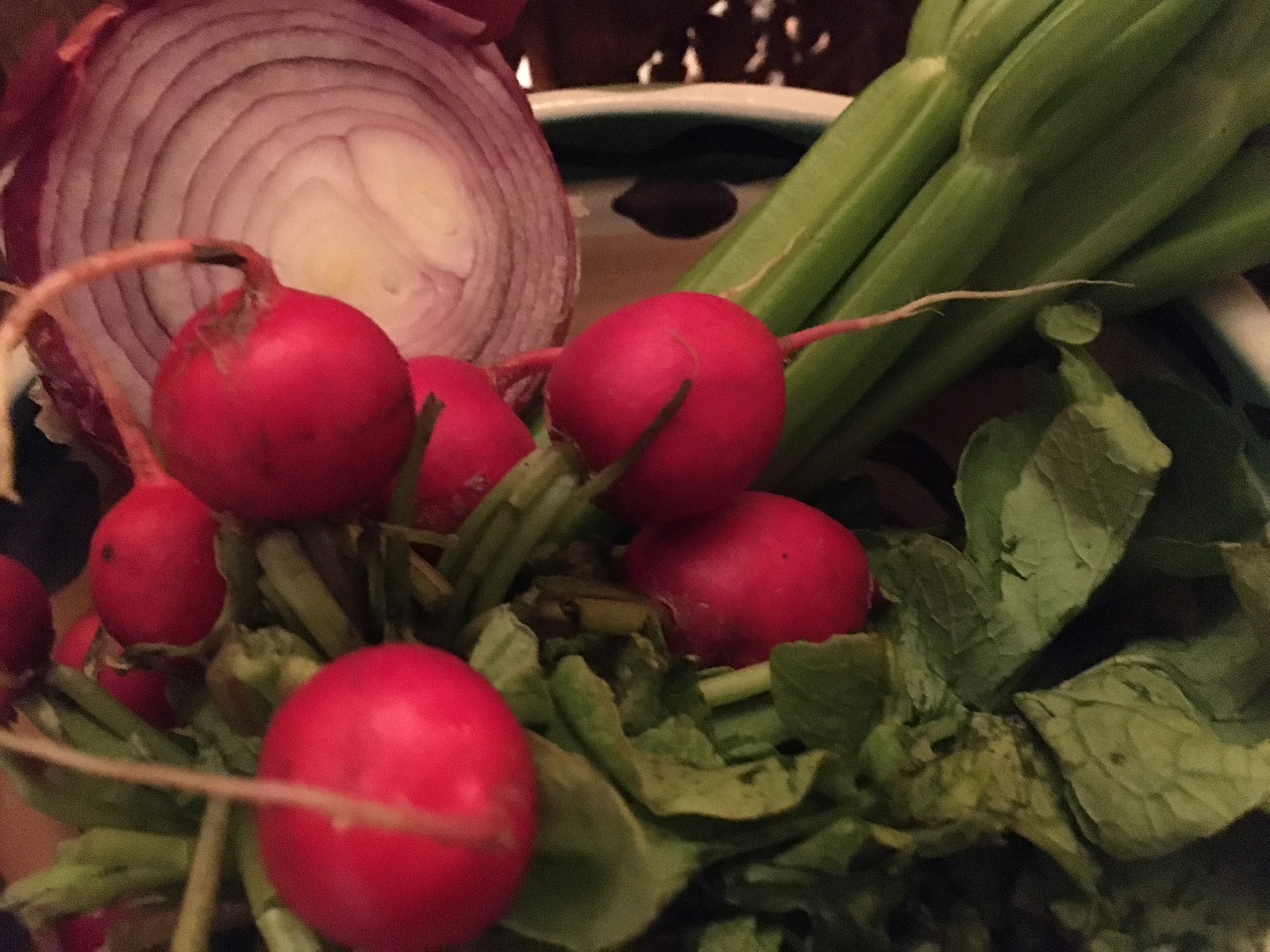On any given day we come in contact with sickness – from the common cold to the flu and all the viruses in between. Contaminants float around in the air and live in the food and water we ingest daily. All these factors put our immune systems on the defense. Remember, food is medicine, and nutrient-rich foods heal and restore our core strength. But it won’t happen without our attention. The good news is, it doesn’t take much to change our nutritional direction and begin to help heal our bodies.
With current global conditions regarding the COVID-19 virus, many have chosen to self-quarantine, and in some places governments mandate it. Many churches, clubs and gyms have shut their doors. Assisted living and nursing homes have closed themselves to visitations from loved ones, to better protect the higher-risk elderly. Addiction recovery meeting locations are also closing their doors, and people in recovery are experiencing the loss of routine in their home groups. But while this time is stressful, it’s also a time when we can see the incredible love and support we have for one another. Stay close to your recovery network, and join us on In The Rooms for live online meetings.
Add nutrients to your diet
So what can you do to boost your immune system response? Here is a list of foods to add to your meals to enrich and support your health. Variety is always best, and changing things up helps your absorption and boosts your immunity. 
- Lots of green leafy veggies, especially cruciferous vegetables: swiss chard, broccoli, celery root, radish and arugula
- Fermented foods like sauerkraut, raw cabbage and coconut kefir
- Antioxidant-rich foods like elderberry, raspberries and blackberries
- Spices like dried celery, parsley, turmeric, oregano, and cinnamon
- Garlic, onions and ginger root
- Raw honey and lemon
- Electrolytes and additional hydration
Reduce Added Stress
Although it’s natural to stress when the unexpected happens, it’s our best interest not to stay stressed. Elevated levels of adrenaline can cause energy depletion, and underlying battles begin to deplete our immune system, making us more vulnerable to illnesses.
To support the body under stress, add foods that are rich in Vitamin B. This vitamin doesn’t last long in the body: as stress continues throughout the day, Vitamin B is used up rather quickly. So it’s important to continuously include this vitamin in your meals. Which names should you look for in labels? Try Thiamine (B1), Riboflavin (B2), Niacin (B3), Pantothenic acid (B5), Pyridoxine (B6), Biotin (B7), Folate (B9) and Cobalamin (B12).
Best food sources of Vitamin B
- Whole grains (brown rice, barley and millet)
- Meat (red meat, poultry and fish)
- Eggs and dairy products (milk and cheese)
- Legumes (beans and lentils)
- Seeds and nuts (sunflower seeds and almonds)
- Dark, leafy vegetables (broccoli, spinach and kai lan)
- Fruits (citrus fruits, avocados and bananas)
Keep in mind that your gut is integral to supporting overall immune system health. The small intestines are where we absorb other nutrients, and friendly “gut guys” (bacteria in our systems) need to flourish for us to stay healthy and absorb the foods we eat. Probiotics and prebiotics in foods help maintain optimal levels of these “gut guys,” and they can supplement your daily nutrition routine. If you like, read more about exact nutrition information.
Taking a multivitamin and mineral supplement can also help fill in for what we lack in food and absorption. Holistic practitioners suggest Vitamin C, Zinc and Vitamin D to give your immunity a boost for extra support (if you feel under the weather or live with an illness). It’s important to find food and science-based supplements without added binders, fillers, dyes and artificial sweeteners. These additives defeat the purpose of taking supplement, because they block absorption and digestion. They often do more harm than good. I invite you to take advantage of the complimentary assessments at that nutrition website; that’s also where you can find more detailed nutrition information.
Meditation: Take Five
Meditation is not all about sitting in the buddha position, nor practicing detailed yoga to quiet the mind (although I highly recommend that for overall holistic health and peace of mind). Become mindful of your right NOW. Once we feel our insides revving up, STOP, and take five minutes before that worry escalates. Walk away from a workstation, project or computer. Make sure to “Move a Muscle, Change a Thought.” We can simply focus on a few deep breaths and listen to our heartbeat any time of the day. Checking in with ourselves becomes a practice, and it feels good to learn small techniques which ground us.
In recovery, we are introduced to a variety of meditation and self-help books, which can set the tone for the rest of your day. You may also find it helpful to set up a sanctuary filled with things you love. Plant life is a great way to bring in good energy – they detox the air and increase oxygen levels for overall good, positive energy. Setting the alarm at least 10 minutes earlier for this “self-care” time goes a long way, and it’s a great start to mental, physical and spiritual restoration.
All the Best of Health,
Disclaimer: This information is meant to be a suggestion only. I’d suggest asking your doctor or pharmacist for direction, as both foods and supplements can interact with your medications.






